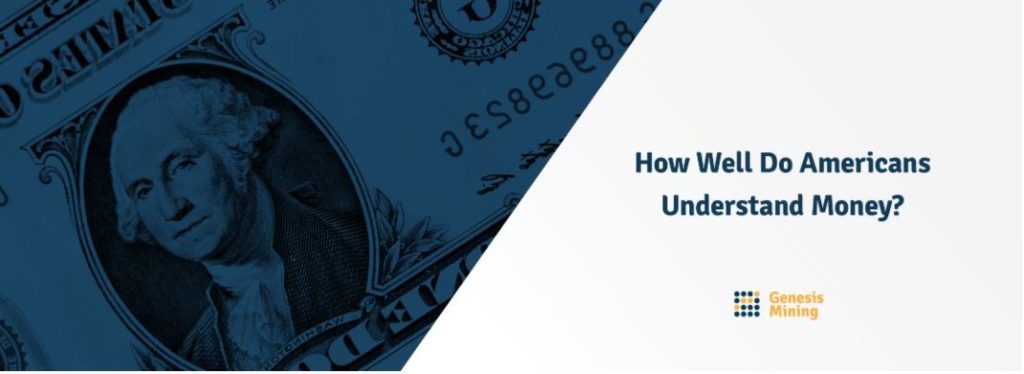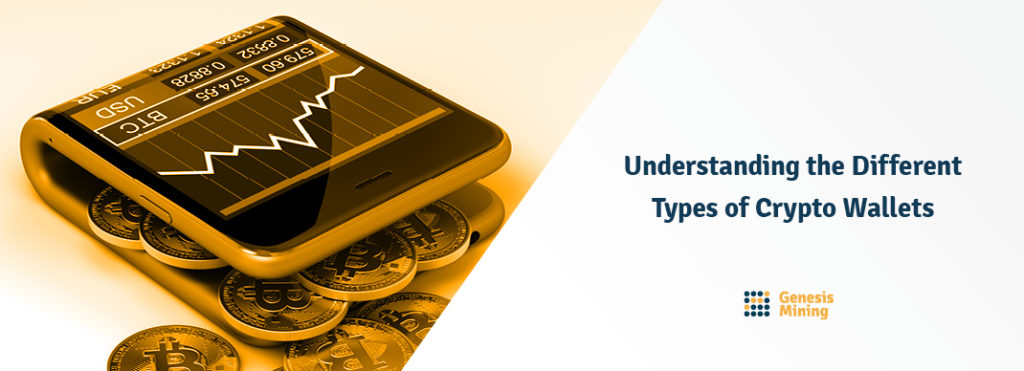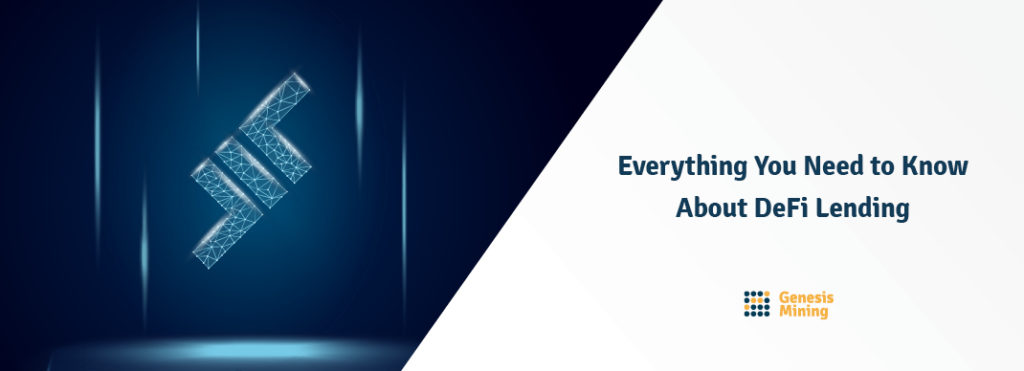– A note from Marco Streng, CEO of Genesis Group
I first heard about this new underground internet money called “Bitcoin” while I was in university in 2012. I read about it for just a few hours, but was hooked and couldn’t imagine turning back. Because of my mathematics background, I was fascinated by the algorithms that made Bitcoin possible. From there it’s not so difficult to be fascinated by the idea of money that’s not controlled by any government or central entity. Like many other early cryptocurrency adopters, I couldn’t stop talking about it. From every family dinner to every date I went on, cryptocurrency seemed to come up.
As expected, many of these conversations were met with skepticism. Most of the criticism fit into three categories:
- It’s not backed by anything.
- Digital money doesn’t seem real.
- It’s unsecure.
After lots of these conversations, one thing became clear to me: many people I spoke with had absolutely no idea how our current fiat system works. Was this just limited to the people I personally spoke to? Was I using a bad sample size? Or does this lack of understanding extends to those who come from far outside my personal circle? To find out, our team surveyed 1,000 Americans on September 17, 2019 and asked them a series of 23 questions to better understand their views around money and banking.
Key Insights:
- 24% of respondents believe that the Federal Reserve is responsible for securing US gold reserves, while 50% responded that they are responsible for overseeing US monetary policy.
- 54% of respondents believe that the Federal Reserve Banks are owned solely by the US government.
- 29% of respondents believe that the US dollar is still backed by gold.
- 26% of respondents believe banks are required to keep 100% of the money deposited by customers in the bank while 52% responded that banks do not need to keep 100% in reserves.
- Of those that said no, banks do not need to hold 100% of customer deposits in reserve, just 9% believed that banks must hold 1-10% at all times.
- 67% of respondents prefer to use debit or credit cards for payments.
- 30% of respondents reported that they hardly ever used cash while 37% reported that used cash just 1-2 times per week.
- 76% of people oppose the idea of the US government replacing paper money with digital-only money.
If you want to know more about what we found out, SIGN UP now for our Free 13 page Exclusive Report:
The Perceptions of Money & Banking in the US 2019





